
Products
Fast, Reliable, Everywhere

Solutions
Efficient, Innovative EV Charging Solutions.
News
We are committed to the innovation and application of EV charging.

Unlock the future of energy management with Pilot 100kW/232kWh Energy Storage System. Engineered for excellence, this system stands as a paragon of efficiency with an impressive energy conversion rate exceeding 92%. Tailored for reliability, it thrives even in demanding conditions, boasting a thermal management system that maintains optimal performance with less than 3°C temperature rise, ensurng longevity and stability.
Key Features:
· High Conversion Efficiency: With a state-of-the-art Battery Management System (BMS) and Power Conversion System (PCS), energy is utilized at peak proficiency.
· Robust Protection: Encased in an IP67 rated, durable shell, our system guarantees safety and resilience even in adverse environments.
· Intelligent Management: Featuring an advanced Energy Management System (EMS) and GEMS, it delivers real-time monitoring and smart adjustments to maintain top-tier performance.
· Operational Excellence: Our system responds rapidly, with a reaction time under 20ms, perfectly balancing the grid’s demands.
· Cost-Efficiency: Optimizing investment and operational expenses, PIWIN’s storage system significantly lowers lifetime costs by approximately 10%.
· Sustainable Innovation: With a capex reduction of 2%, it embodies a greener approach, making sustainable energy solutions more accessible.
The PILOT Energy Storage System is more than a product; it’s a promise of progress, a commitment to sustainable innovation, and a testament to performance. Dive into a new era of energy efficiency with Pilot where power is preserved, and potential is limitless. Contact us to embrace the energy revolution.
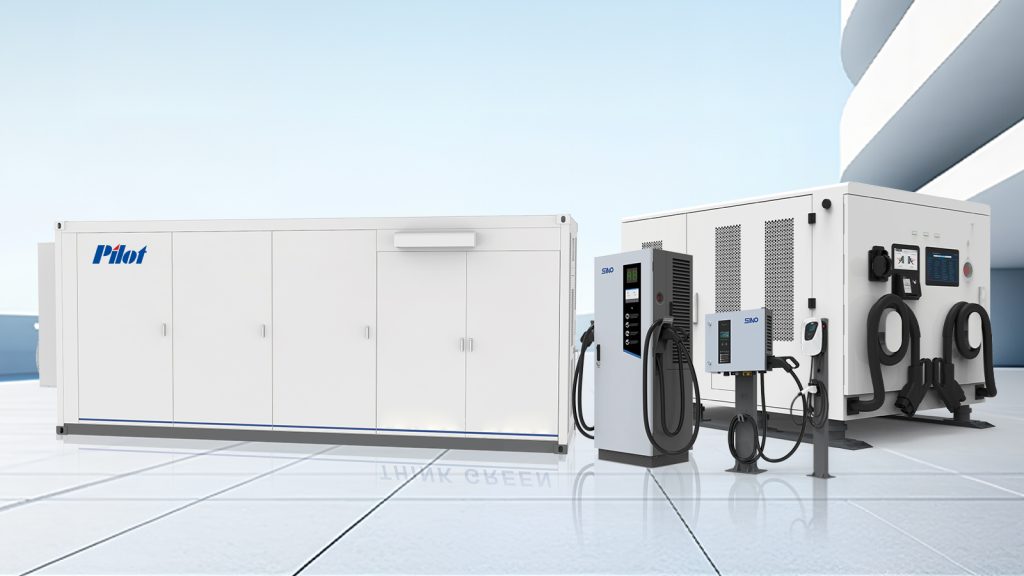
| Model | PL-ESS-100/232-0.4-L |
| DC-side parameters | |
| Battery cell type | LFP energy storage dedicated battery cell |
| Grouping method | 1P*52S*5S |
| Nominal energy | 261kWh |
| Working voltage | 650V~949V |
| Rated charge/discharge rate | 0.5P |
| AC-side parameters | |
| AC rated power | 100kW |
| AC maximum power | 110kW |
| Rated power grid voltage | 400V |
| Rated power grid frequency | 50Hz |
| System parameters | |
| Max. conversion efficiency | ≥98% |
| Number of cycles | ≥8000 |
| IP rating | IP55(PACKIP67) |
| Operating temperature | -20℃~+50℃ |
| Certification standard | GB/T 36276 GB/T36547 GB/T36548 IEC62169 UN38.3 |
| Cooling mode | Liquid cooling |
| Fire protection system | Perfluorohexanone PACK-level fire protection + active early warning |
| Dimensions | 1300*1380*2210(mm) |
| Weight | ≤2.8 t |
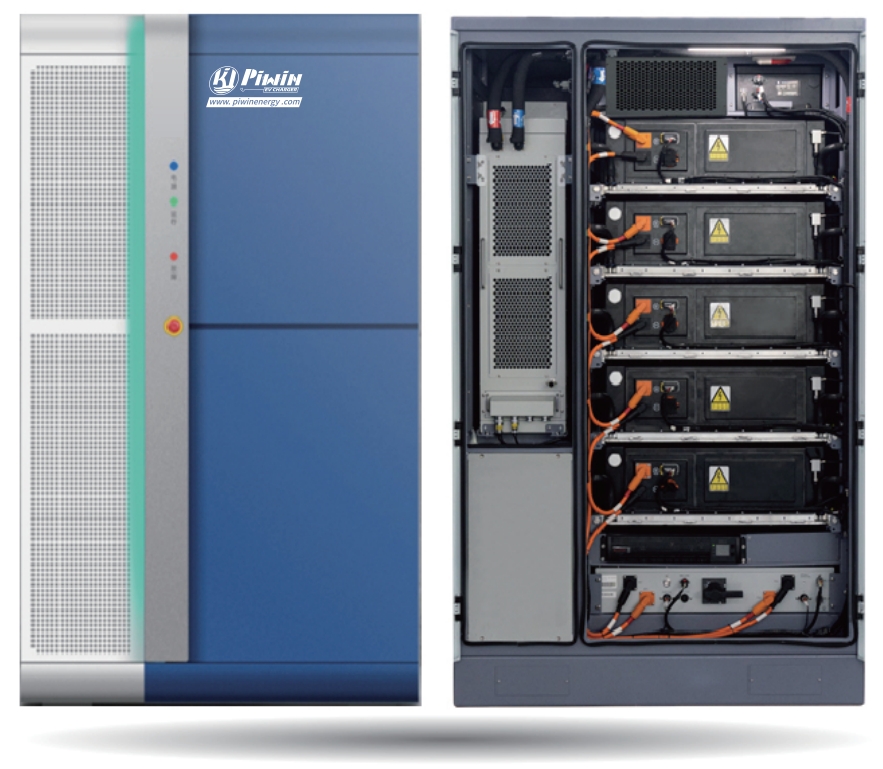
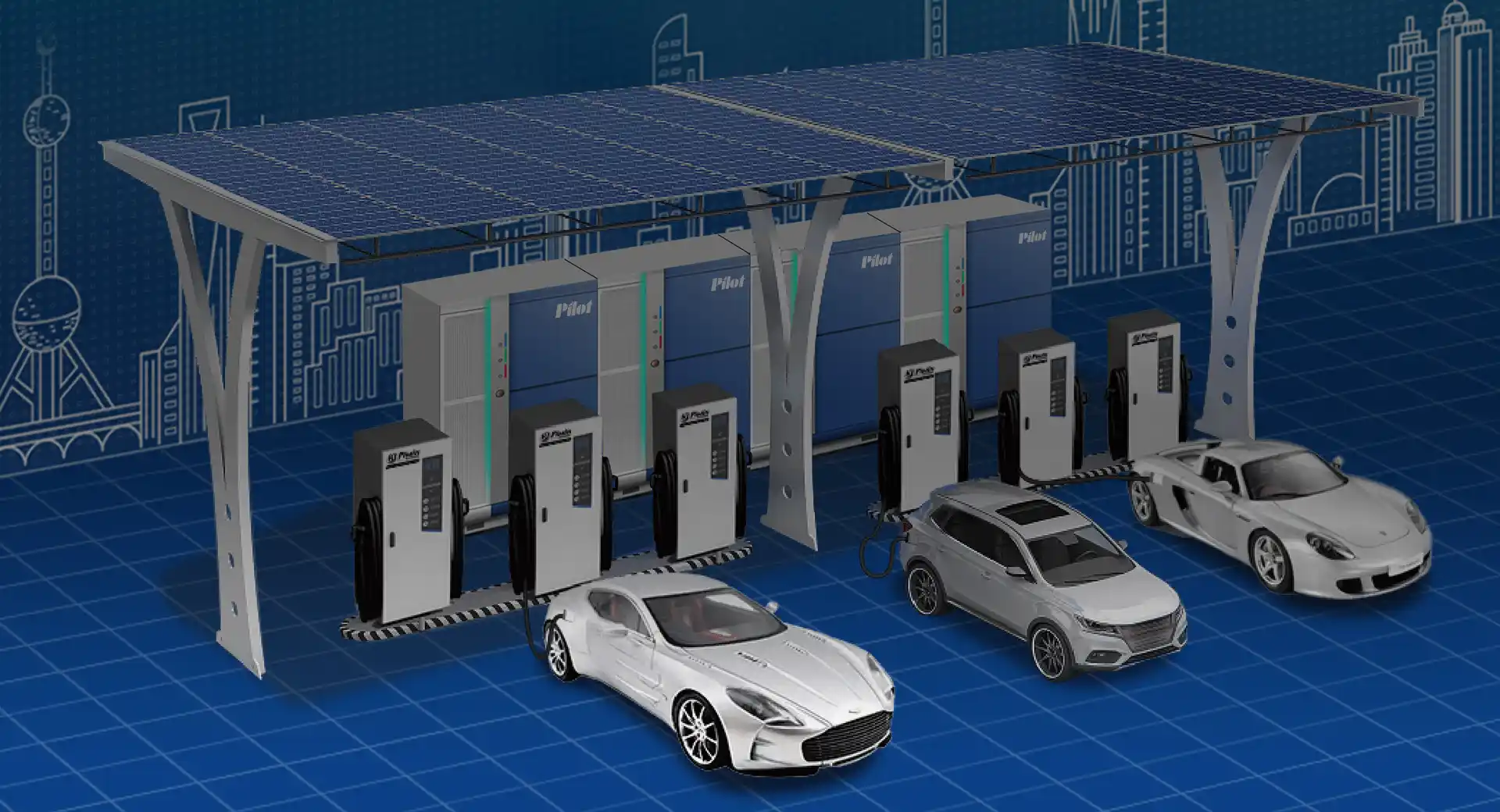
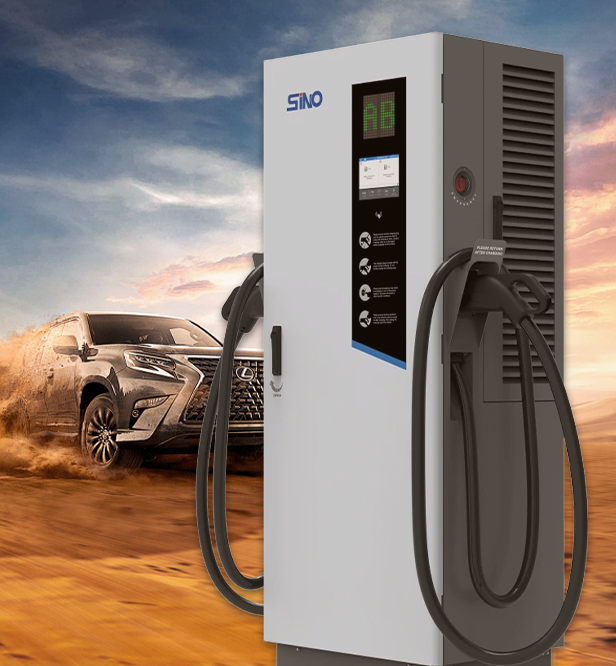
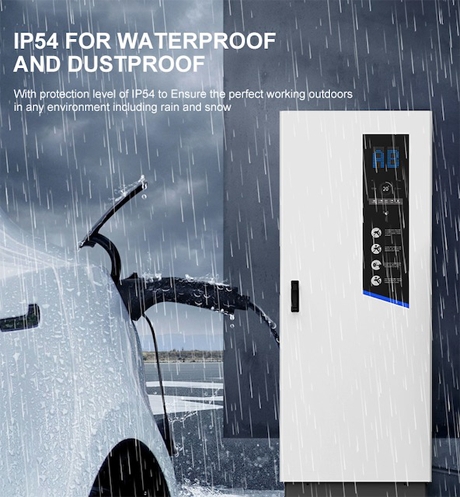
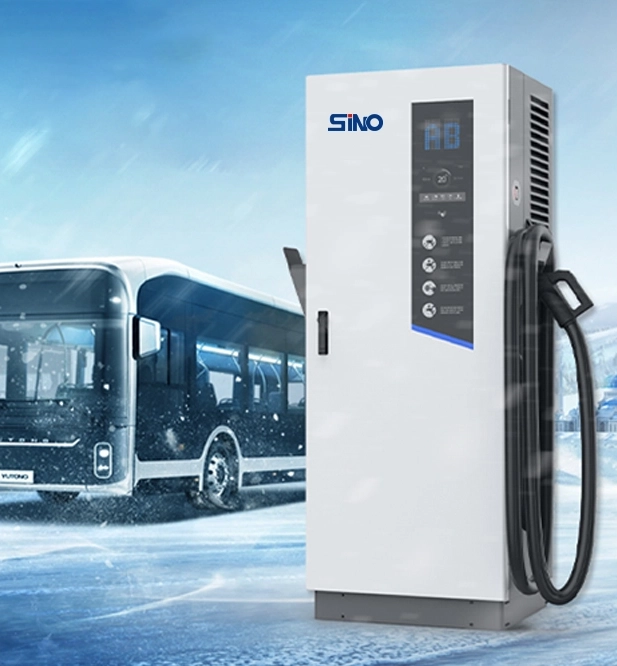
We have an MOQ policy of only one unit, allowing you to test the market with minimum inventory pressure.
Our EV chargers made from our factory go through a strict QC process for performance and safety.
We offer deep discounts on bulk orders, helping you increase your ROI.
All of your inquiries and concerns are answered within 24 hours.
Our series of patents show how we follow technological trends to give you an advantage.
With 30 years of working in the electrical industry, our team can create innovative EV chargers.
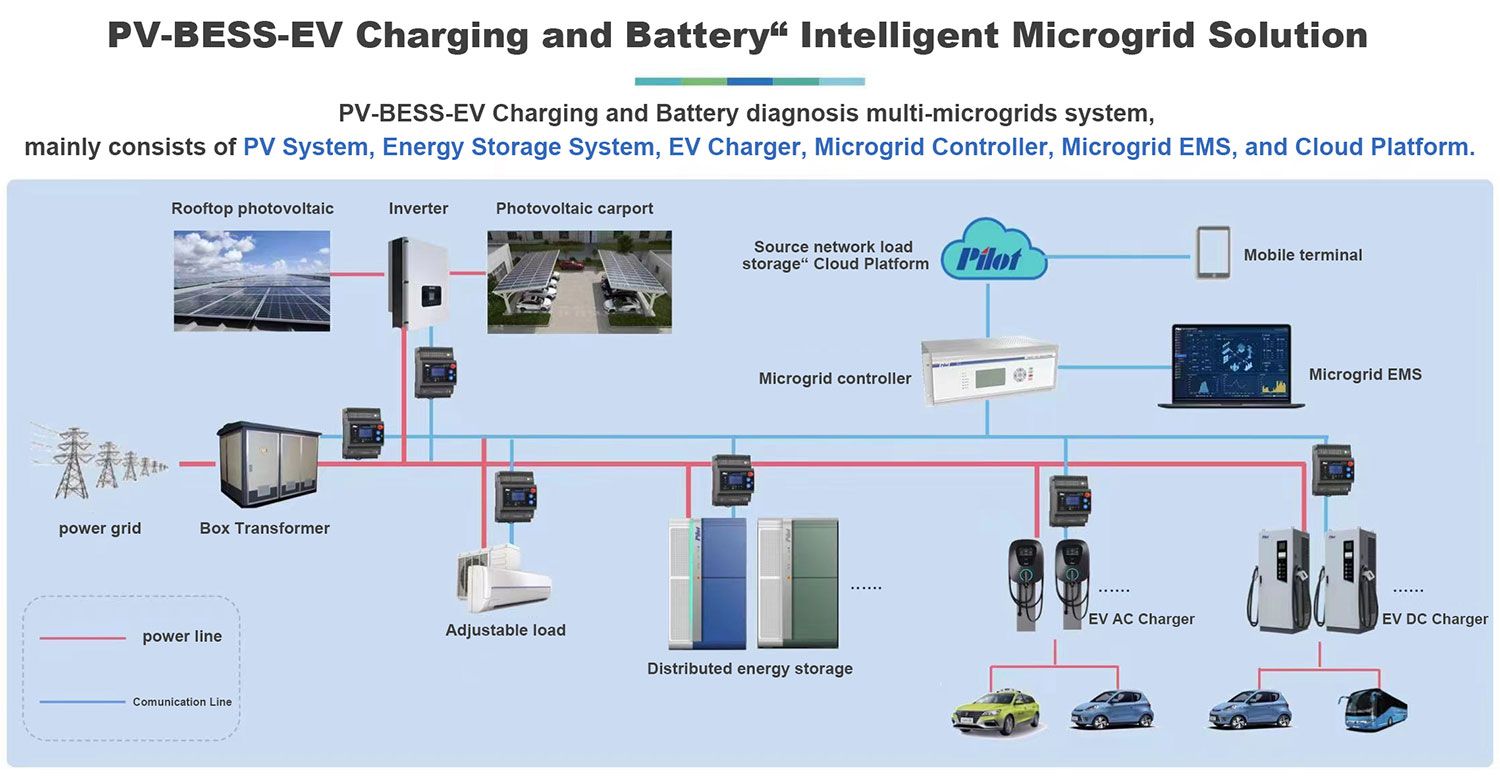
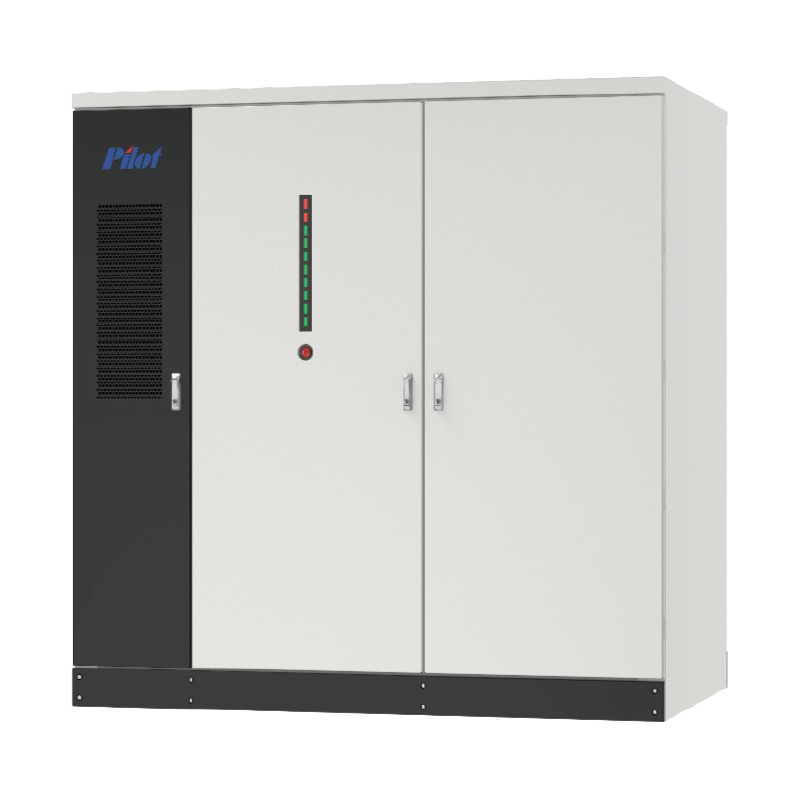



Have a simple question?